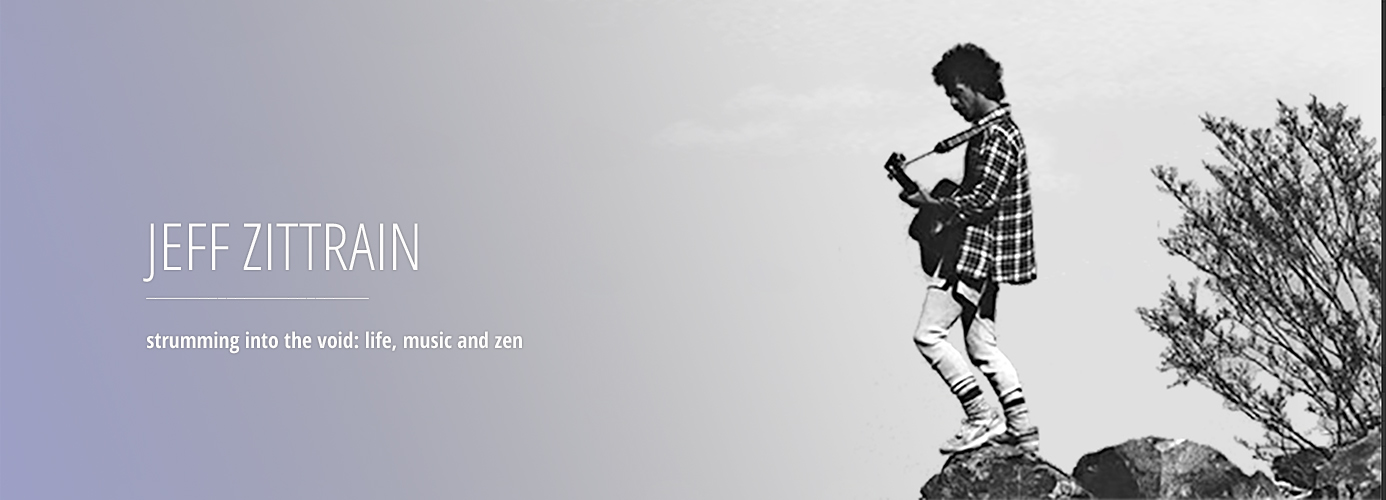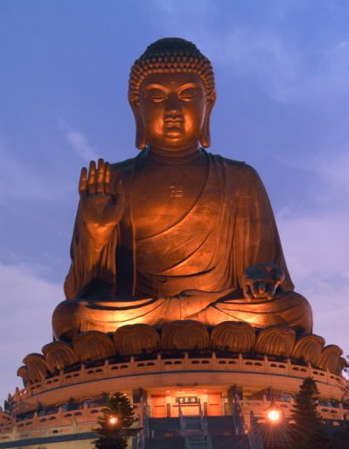
Kynd Music Editor-in-Chief Dave Terpeny first conceived of calling this site “Kynd Music/Right Action”. He shortened the focus in the title yet still wanted to retain the idea. Hence this column. I’ll do my best. (As Bob Dylan once said, “someone had to reach for the risin’ star, I guess it was up to me.”)
The term “Right Action” comes from Buddhism – it is the fourth step in the Eightfold Path towards Enlightenment. Briefly put, it is about being conscious of the effects of your actions. I’ll consider it “social responsibility.”
You may ask: “What does this have to do with Kynd Music? I thought it was “the jam that matters.”
To which I reply: Well – what is the jam? And why does it matter?
There has always been a fascinating and rocky marriage of peak experience (whether artistic, spiritual, sexual – or anything else) with the day-to-day world. Those of us in love/obsessed with and addicted to these experiences (and if you’re reading this far into a jam-site this may be you) may often wonder: How can we hit John Coltrane’s “Stellar Regions” – the farthest unbridled reaches of art, music, spirituality – (and keep those reaches “unbridled”) – and yet also apply any of their power to our work-a-day lives?
Let’s take for example those granddaddies of peak experience, of psychedelic music, of “the jam,” the Grateful Dead. It seems to me they had success with this synthesis. First look at their evolution from “Anthem of the Sun” to “American Beauty.” From unbridled sound experiments to folk roots. As drummer Mickey Hart described it: “We took off our spacesuits and put on our overalls.”
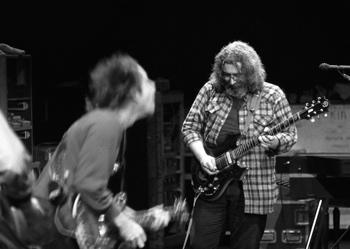
The Dead, sans Spacesuits…
The Dead applied this artistically and practically. As Jerry Garcia stated at a press conference at the United Nations in 1988 where the Dead were raising awareness of the plight of the Rainforests:
“What we do for a living is provide a way out of all this stuff. We provide an alternative, another reality that doesn’t have these kind of problems in it, necessarily. But as people, as inhabitants of Earth…this is what we’re doing.” (He added later, “somebody has to do something – it seems pathetic that it has to be us.”)
Until 1988, although the Dead pretty much stayed overtly apolitical (as compared with contemporaries Jefferson Airplane, John Lennon, CSN…or even Y), they always exhibited a social conscience and right action through their REX Foundation.
Let’s (briefly) leave music and pluck three examples from philosophy: Even Albert Camus and Jean-Paul Sartre, the two most famous purveyors of existentialism (a philosophy which can certainly be read as an excuse to avoid all worldly responsibility), both turned to political action as salvation from their unbridled jams into the bleak void of existence.
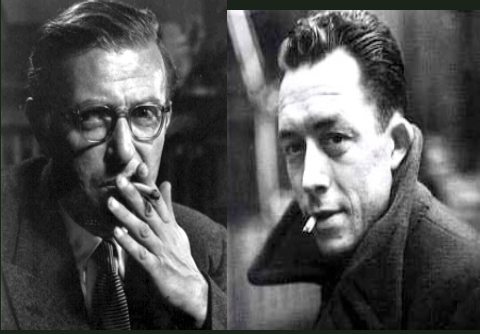
Sartre and Camus, smokin’ existentialists
And on the positive, flip side of the meaning-of-life coin, the most famous American transcendentalist, Henry Thoreau, who strove for (and reached) the highest of high visions at Walden Pond, was therefore able to pen one of the strongest arguments for a life of right action (influencing both Gandhi and Martin Luther King) in “Civil Disobedience”:
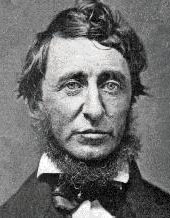
“Action from principle, the perception and the performance of right, changes things and relations; it is essentially revolutionary, and does not consist wholly with any thing which was. It not only divides states and churches, it divides families; aye it divides the individual, separating the diabolical from the divine.”
Henry David Thoreau, 1848
“Action from principle, the perception and the performance of right, changes things and relations; it is essentially revolutionary, and does not consist wholly with any thing which was. It not only divides states and churches, it divides families; aye it divides the individual, separating the diabolical from the divine.”
Which sounds to me like rock and roll. In separating the diabolical from the divine, the jam matters. Eric Clapton once recalled playing on acid and seeing the audience change from angels to devils depending on the licks he played. He decided to keep them angels (although considering his more recent adult-contemporary persona maybe he should have chosen the other way…)
Perhaps the strongest emblem of the ambivalent marriage of music and social action is Bob Dylan, who was famously chastised for abandoning protest songs early in his career (this was before he was famously chastised for abandoning acoustic music for electric, then for abandoning rock for country, and abandoning secularism for religion, and then back again…). However, he acknowledged with typical hard-nosed clarity in 1989’s “Oh Mercy” that, regardless of the strength, depth, and height of our visions, “We live in a political world.”
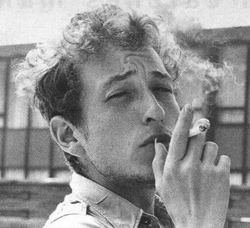
Mr. Dylan, taking a cue from Sartre and Camus…
Which is even more true when faced with an agenda as aggressive as that of the current U.S. administration.
Yes, “the jam” goes beyond polemical politics into pure truth – Pete Townshend wasn’t gonna take it (never did and never will) when Abbie Hoffman came onstage to talk politics at Woodstock – he hit him over the head with his guitar. Yet in today’s world, with those in power operating in the realm of the mythic in order to manipulate truth – we need to fight back even in the realm of the mythic, in the jam – like in “The Matrix”, simply pursuing truth is one blow to the powers that be. And isn’t that Jack Black’s big lesson in “School of Rock”? The essence of rock and roll – stickin’ it to the Man.
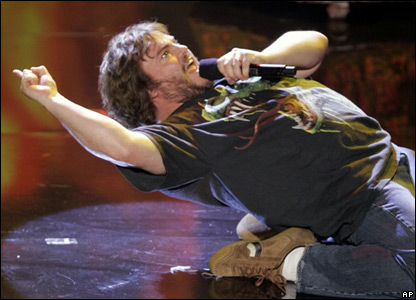
The essence of rock and roll…
And as much as it feels like the final step, perhaps the jam is step one as well.
Comin’, comin’, comin’ around, in a circle…
Which we will do now. To return to Buddhism: Consider the concept of the Bodhisattva – attaining enlightenment to help others – not just the sparkle in your china and the shine in your japan.
…to be continued…
